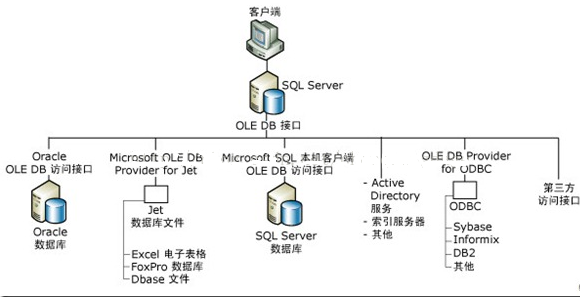SQL中not in与null值的具体使用
A not in B的原理是拿A表值与B表值做是否不等的比较, 也就是a != b. 在sql中, null是缺失未知值而不是空值。
当你判断任意值a != null时, 官方说, “You cannot use arithmetic comparison operators such as =, <, or <> to test for NULL”, 任何与null值的对比都将返回null. 因此返回结果为否,这点可以用代码 select if(1 = null, ‘true’, ‘false’)证实.
举个例子

select id,case when p_id is null then 'Root' when id not in (select p_id from tree) then 'Leaf' end type else 'Inner' from tree
这种写法会导致Leaf结果完全看不到
从上述原理可见, 当询问 id not in (select p_id from tree)时, 因为p_id有null值, 返回结果全为false, 于是跳到else的结果, 返回值为inner. 所以在答案中,leaf结果从未彰显,全被inner取代.
到此这篇关于SQL中not in与null值的具体使用的文章就介绍到这了,更多相关SQL not in与null值内容请搜索电脑手机教程网以前的文章或继续浏览下面的相关文章希望大家以后多多支持电脑手机教程网!



